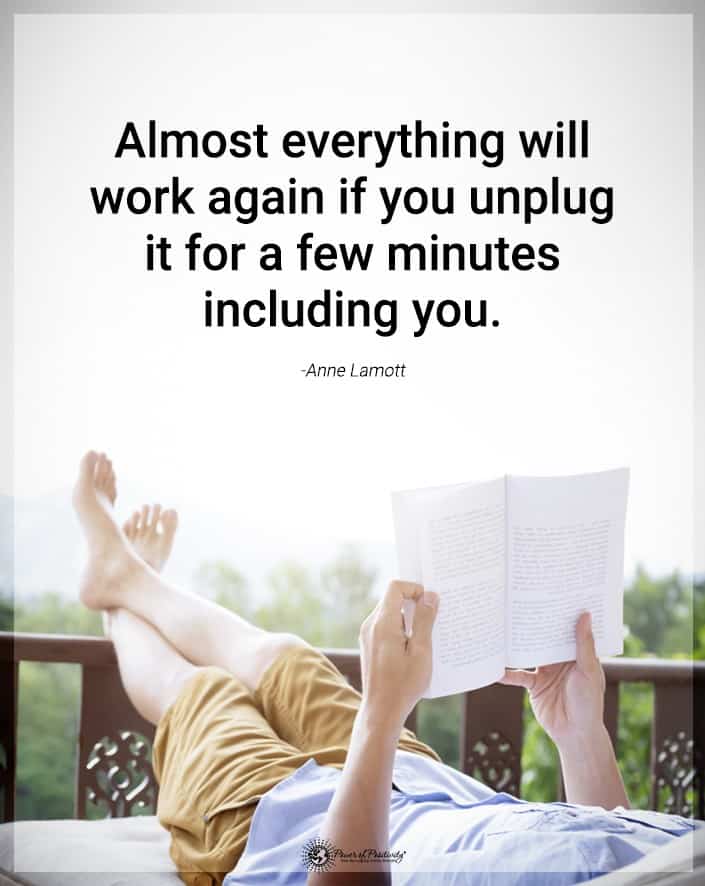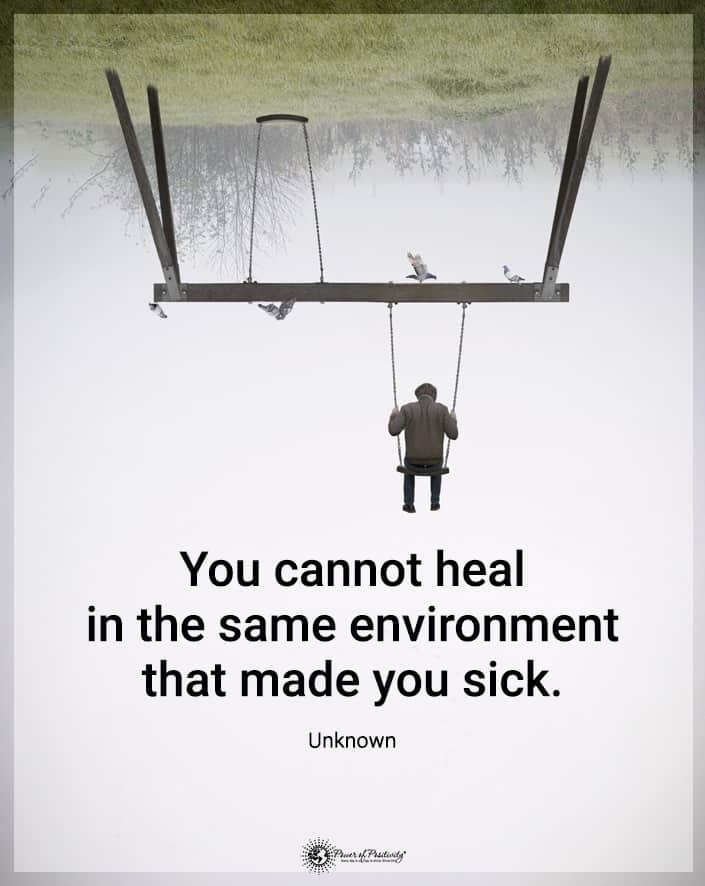How is it with the world’s vast technological advantages that people seem even more tired? You have all those computerized gadgets that are supposed to save you time and energy, yet you feel chronically exhausted. Although your sleep may be okay, you may not be getting the types of rest you need.
Understanding the Differences in Sleep and the Seven Types of Rest
What could be more soothing than curling up in bed and sleeping after a long day? Your pillows and blankets are like fluffy clouds that embrace and lull you into a deep slumber. Without sleep, you couldn’t function, and your life would eventually be at risk.
While sleep is among the types of rest you need, the words aren’t synonyms. Humans, animals, and most life forms are biologically hard-wired to sleep. It’s during these hours that your brain recharges, and your body rests, repairs, and rejuvenates.
Did you know that you will spend approximately one-third of your life asleep? These are the findings of a study published in the Handbook of Clinical Neurology. The study says you’ll spend some of this time trying to get to sleep.
Not only do you need sleep, but you also need rest. During sleep, your body is mostly still, and your brain runs only vital systems. However, you can rest without going to sleep. Rest means that you’re taking a break from strenuous activity to do nothing or something different.
Seven Types of Rest Most People Overlook
Once you’ve discovered the difference between sleep versus rest, you may realize that you’re rest deprived. How can you create a healthy balance between waking and sleep while getting the rest you need? Here are seven types of rest your body craves.
1. Physical Rest
According to the Abrahamic religious cosmology, God created everything in the Universe in six days. On the seventh day, God rested and made the sabbath tradition, which is the day of rest. The word rest means that God ceased working, not just sleeping all day.
Your body can rest either actively or passively. An active way to take a break is to go for a nature walk or do gentle stretching exercises. Of course, a passive break can include an afternoon siesta on the couch.
Whichever of these types of rest you choose, you’re allowing your body to relax and rejuvenate. Consider taking a day out of the week to rest and enjoy time with family and friends. It will be healing for you physically.
2. Mental Rest
All the sleep in the world won’t refresh you if your mind is weary. You may be struggling with problems at home and work. Even after you finally fall asleep, your brain may ruminate and interrupt your sleep or create bad dreams.
Another type of rest you need is mental rest. You can only accomplish this with a diversion. When your brain is going at hyper speed all day, it needs some rest to recuperate. Taking an occasional break at work to rest your brain is a helpful idea.
Does your mind seem overwhelmed at night thinking about problems? Instead, schedule a worry session in the evening. List your worries on paper and fuss and fret until your 15-minute timer is up. Now, leave your problems and think about some positive things.
3. Sensory Rest
The same technology to help you work faster and more efficiently can also drain your energy. Think of the countless dings, bells, whistles, and lights produced by your technical devices. You’re inundated with emails, phone calls, and loud televisions.
All these noises and blinking lights are enough to give you sensory overload. Taking time away from them is among the essential types of rest. You can rest your senses by declaring technology-free meals and an occasional weekend break.
4. Creative Rest
Responsibilities at home, work, and in public are enough to wear down your mind. While you might enjoy solving problems and brainstorming, you have a human limit. Discovering the types of rest, you need can be the key to being more efficient in whatever you do.
The next time you feel snowed under with daily pressures, give yourself some creative rest. Go for a walk through the woods or in a park to enjoy the wonders of nature. Exercise your creativity with hobbies and other fun activities that revive your spirits.
5. Emotional Rest
Did you know that expressing your feelings requires substantial energy? Think of the string of emotions that flood you each day. If you’re an empathetic listener, you know how to mirror the speaker’s feelings, which also takes energy.
According to an article published by Leslie University, empathy can be either a cognitive or emotional response. Whereas the mental answer is a honed skill, emotional empathy stems from internal compassion. You may be a compassionate person who absorbs all the emotions in a room which overwhelms you.
No matter what type of empathy you have, you need a break from the emotional tidal waves. Of the seven types of rest, emotional rest may be close to the top. How can you settle your emotions?
Maybe you’ve always been a people pleaser and feel obligated to tell others what they want to hear. You say “yes” to all their unreasonable requests due to the fear of being rejected. So, you smile, hide your emotions, and try to be a “good” person.
People pleasers can find rest and relief by being true to their emotions. You have the right to politely decline requests and invitations that don’t fit in your schedule. Say goodbye to toxic people or relationships that are no longer working for you.
6. Social Rest
A social rest means that you disconnect from the world around you and take some time for self-reflection. In today’s society, it’s impossible to hide even for a bit. You’re always connected and can be reached at a moment’s notice.
While it’s good to be so connected to folks, it also has its downsides. There was an old song written by Hank Cochran in 1963 that said to make the world go away and get them off his shoulders. In fact, he was singing about something that everyone feels like this at some point or another.
Entering a phase of social slumber can mean different things depending on your needs and behaviors. For instance, if you’re constantly surrounded by people and have no solo time, then for you, this type of rest may be a fast of sorts from going out. This will give you time to recharge your batteries and spend time in silence.
For others, it means turning off computers, video games, and cell phones for a bit. It’s so easy to get bogged down by the cares of life, and when you’re in the social circles 24×7, you’ll hear and feel the burdens and pangs of others. Conversely, it is very healthy to unplug and unwind from everyone around you and focus on your needs.
Indeed, many insist that being an introvert is one of the best things ever, as these people know when to disengage and rest.
7. Spiritual Rest
One of the types of rest that you might forget is for your spirit. Humans are triune beings consisting of body, mind, and spirit and each component needs to rest and revive. When you’re chronically exhausted and nothing helps, your spirit may be conflicted.
You can do many things to enter into a stage of spiritual rest, which includes crying. Have you ever felt better after a good cry? It’s because you’re releasing all that internal stress and purging your soul. If you feel overwhelmed and spiritually weak, then crying it out to the Universe can help.
When you get your spirit man aligned with your physical and mental persons, you will experience a greater harmony within your body.
Final Thoughts on Getting the Right Types of Rest for a Healthier Life
Who knew that there were so many different variations of rest that a person needs and that sleep and rest are vastly different? How often have you uttered the words that you’re stressed out or so tired you feel like your soul is exhausted? These are common phrases today, yet few know how to counter these negative feelings.
Perhaps, understanding that there are many types of rest is the first step in getting the relaxation you need. How often have you gone to bed and slept for 6-8 hours and woke up feeling just as tired as when you laid down? This is all because you’re not getting the correct type of rest.
If you would change the way you look at rest and relaxation in your life, you can begin to purge some of these harmful habits that keep you worn out. You can sleep ten hours a day, but it’s not going to do a bit of good if the tiredness you feel is from the intense need for a social break. This information is life-changing; maybe you can finally get the relaxation your body craves.



















